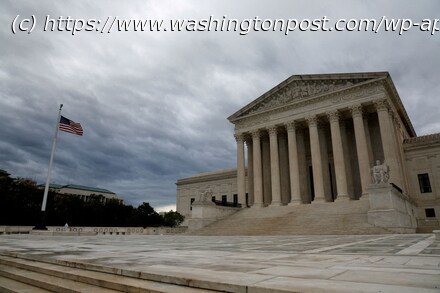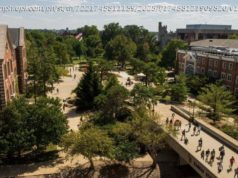The decision was a surprise from a court whose conservative majority had signaled it was suspicious prioritizing race over traditional redistricting techniques.
A divided Supreme Court on Thursday said the Alabama legislature should have created a second congressional district in which Black voters had a chance of electing a representative of their choice, an unexpected decision from a court that has expressed skepticism of key parts of the Voting Rights Act.
The decision, written by Chief Justice John G. Roberts Jr., bucked the court’s recent trend of decisions that weakened provisions of the act. He was joined by fellow conservative Justice Brett M. Kavanaugh and the court’s three liberals, Sonia Sotomayor, Elena Kagan and Ketanji Brown Jackson.
“We see no reason to disturb the District Court’s careful factual findings,” Roberts wrote, adding that Alabama was asking for a radical rewrite of the court’s precedents.
Thursday’s ruling upholds a decision by a three-judge panel that threw out Alabama’s new congressional map, which included only one congressional district with a majority of Black voters even though African Americans make up more than a quarter of the state’s population.
It was a surprise from a court whose conservative majority had signaled it was suspicious of the Voting Rights Act that Alabama was challenging, which the state said requires legislatures to prioritize race over traditional redistricting techniques.
“This decision is a crucial win against the continued onslaught of attacks on voting rights,” said Legal Defense Fund senior counsel Deuel Ross, who argued the case before the court in October. “Alabama attempted to rewrite federal law by saying race had no place in redistricting. But because of the state’s sordid and well-documented history of racial discrimination, race must be used to remedy that past and ensure communities of color are not boxed out of the electoral process. »
Nicholas Stephanopoulos, a voting rights expert at Harvard Law School, called the decision “an absolutely stunning development” based on the court’s recent decisions.
Home
United States
USA — mix Supreme Court: Alabama must draw new voting map favorable to Black residents






